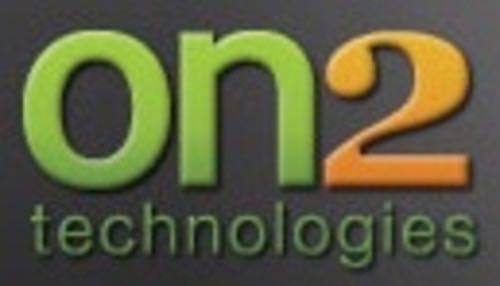Google today announced that it plans to acquire On2, a Clifton Park, NY-based video compression developer in a stock-for-stock transaction valued at $106.5 million. In its announcement, Google argues that this acquisition will help the company to “make the overall web experience better for users” and that “video compression technology should be part of the web platform.” On2 has a large number of customers for its compression technologies, and the latest version of its video codec, VP8, competes directly with H.264, the most popular format for high-quality video on the web right now.

Maybe even more importantly, Adobe Flash uses On2’s older VP6 video codec and On2 continues to receive licensing fees for VP6, though the cost of these fees and On2’s licensing structure have driven a lot of customers to H.264.
What Will Google Do With On2?
Assuming this deal will get the green light from On2’s stockholders and government and industry regulators, it will be interesting to see what Google does with this technology. One theory that is being pushed by pundits right now is that Google will open-source at least some of On2’s codecs. One of On2’s earlier codecs became the basis for Ogg Theora, the video codec that the Mozilla foundation wanted to use as the standard video codec for HTML5. This project is on hold for now, but Google could still integrate one of On2’s current codecs into its Chrome browser.
Google could also move YouTube to a new, potentially higher-quality format, though we don’t expect this to happen anytime soon. On2 also offers solutions for embedded and mobile devices – technologies that Google could potentially use for its mobile products. In addition, On2 offers encoding products for consumers. Judging from Google’s history, the company might just make these available to consumers for free in future.
Maybe It’s Just About YouTube
However, we actually think that the real benefits for Google might be at the back-end. With YouTube, Google owns the Internet’s largest video service, and being able to bring more encoding know-how into the company might just save Google some money in electricity costs and server hardware.










